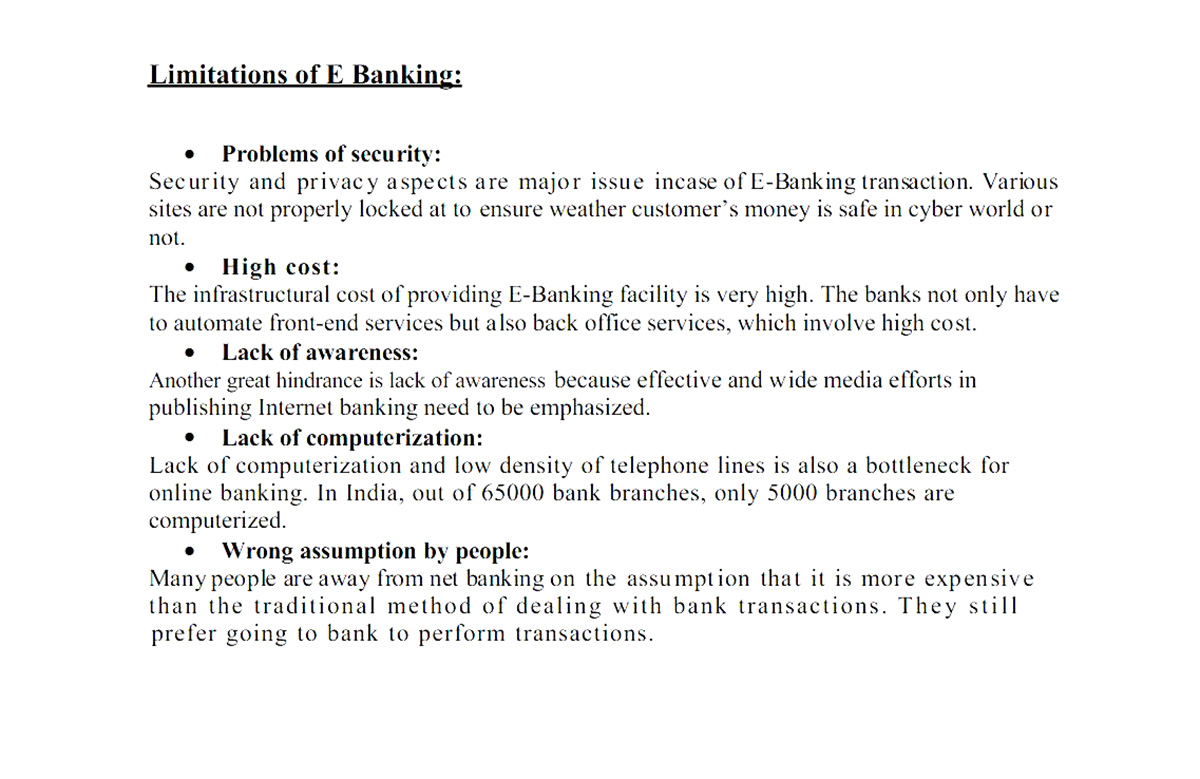

Finance
Wealth Psychologist Definition
Published: February 17, 2024
Learn the meaning of a wealth psychologist and how they can help individuals understand their financial mindset and achieve financial well-being. Find expert guidance in finance and wealth management.
(Many of the links in this article redirect to a specific reviewed product. Your purchase of these products through affiliate links helps to generate commission for LiveWell, at no extra cost. Learn more)
The Psychology of Wealth: Understanding the Wealth Psychologist Definition
What comes to mind when you think about wealth? Perhaps it’s images of mansions, luxury cars, and exotic vacations. While these material possessions certainly play a role in the concept of wealth, there’s much more to it than meets the eye. In fact, the psychology of wealth is a fascinating field that explores the relationship between money and our thoughts, emotions, and behaviors. In this blog post, we will delve into the wealth psychologist definition, uncovering the intricacies of how our mindset impacts our financial success.
Key Takeaways:
- The field of wealth psychology studies the psychological factors that influence an individual’s relationship with money and overall financial well-being.
- Understanding the psychology of wealth can help individuals develop healthy money mindsets, make informed financial decisions, and achieve their desired financial goals.
So, what exactly is a wealth psychologist? A wealth psychologist is an expert who specializes in the intersection of psychology and finance. They analyze the thoughts, emotions, and behaviors associated with money and wealth, helping individuals develop a healthier relationship with their finances. This professional is equipped with the knowledge and tools to guide others in overcoming limiting beliefs, financial stress, and self-sabotaging behaviors that may hinder their financial success.
One of the key aspects of wealth psychology is understanding how our mindset impacts our financial outcomes. Our thoughts and beliefs about money can either propel us towards wealth or hold us back from achieving financial abundance. For example, individuals with a scarcity mindset may constantly worry about money, make impulsive financial decisions, and struggle to save or invest. On the other hand, those with an abundance mindset believe in their ability to create wealth, practice financial discipline, and seek opportunities for growth.
With this in mind, let’s explore two key takeaways regarding wealth psychology:
- 1. Mindset Matters: Our mindset plays a significant role in our financial success. By adopting a positive and growth-oriented mindset, we can overcome financial hurdles and create opportunities for wealth.
- 2. Emotional Intelligence and Financial Well-Being: Understanding our emotional relationship with money is crucial for our financial well-being. Emotionally intelligent individuals can manage money-related stress, make rational financial decisions, and maintain healthy financial habits.
By harnessing the principles of wealth psychology, individuals can build a solid foundation for financial success. Working with a wealth psychologist can provide guidance and support in areas such as financial goal-setting, managing money-related anxiety, and developing strategies for long-term wealth accumulation.
In conclusion, the wealth psychologist definition encompasses the study of the psychological factors that influence our relationship with money. By understanding the psychology of wealth, individuals can develop healthy money mindsets, make informed financial decisions, and ultimately achieve their desired financial goals. So, whether you’re starting your own journey towards wealth or looking to optimize your current financial situation, consider incorporating the insights of wealth psychology into your financial strategy.














